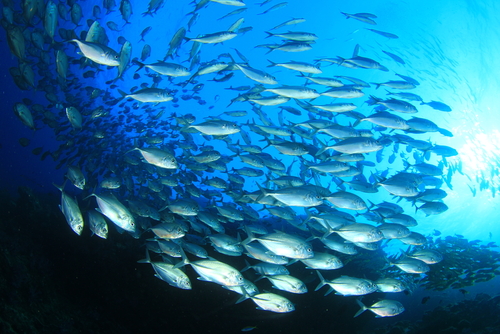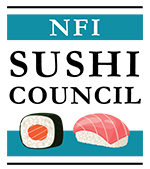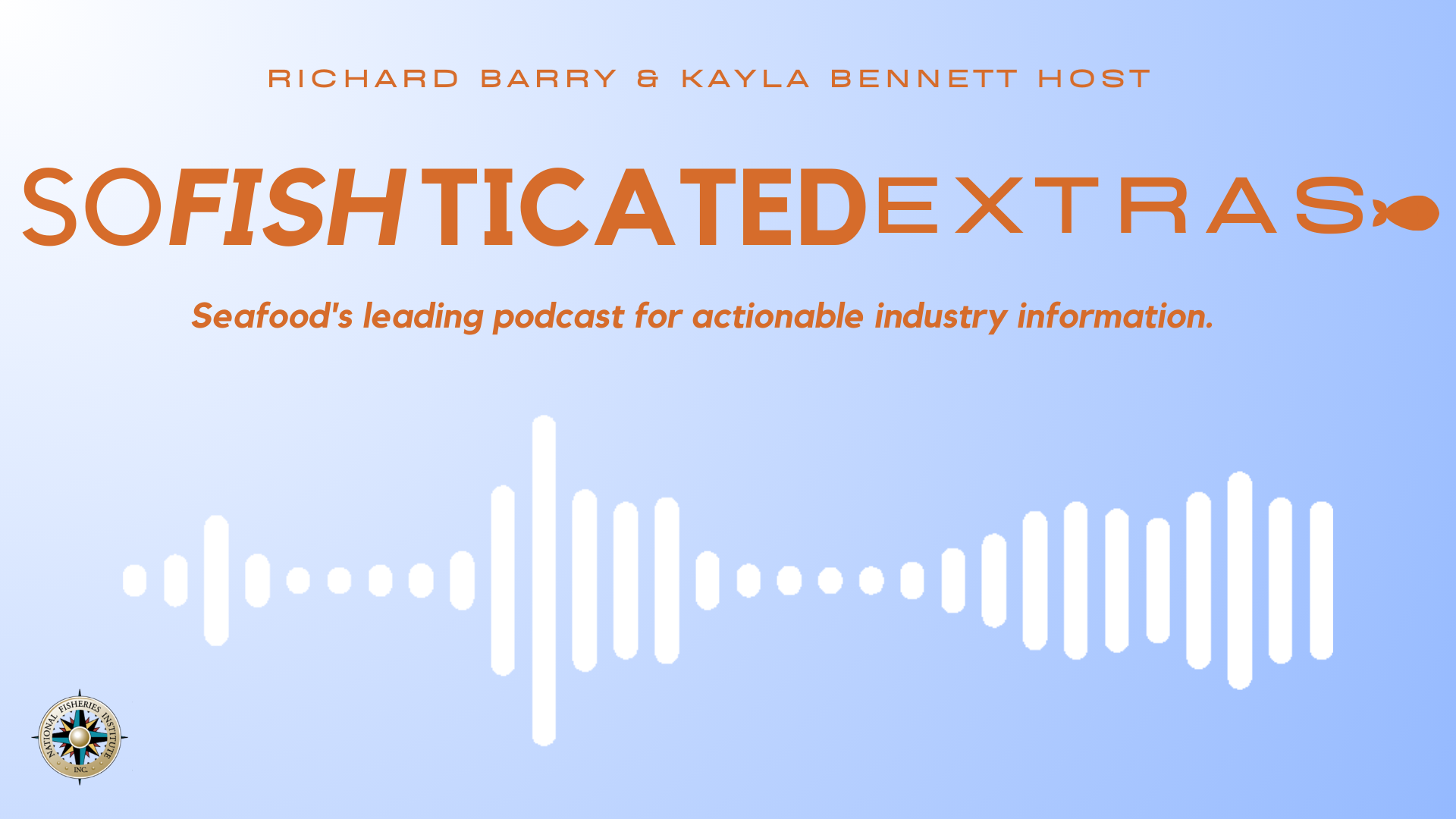Sustainable Fish: Scientists Say Global Tuna Stocks are Healthy
If you care about the health of our oceans, consuming sustainable fish or just want to feel good about feeding your kids an affordable, accessible source of omega-3s like canned tuna, you deserve to know whether the methods used to catch the fish on your plate are sustainable fishing practices.
A central conceit of Greenpeace’s ongoing attacks on the tuna industry is that they aren’t—that stocks are in danger of being overfished, and that efficient, modern fishing methods like purse seines and Fish Aggregating Devices (FADs) are to blame.
Sustainable Fish
But these claims have essentially no basis in reality. A recent presentation from “renowned tuna fisheries scientist” Alain Fonteneau of the French Research Institute for Development (IRP) confirms ongoing work actually makes tuna a pretty sustainable fish.
A piece in SeafoodSource.com covering the presentation ahead of the 2017 Seafood Expo Global quotes Fonteneau as concluding that even as “[f]ishing effort[s] in most tuna fisheries [have] grown steadily in recent years. . .these stocks remain in a healthy state and are much less overfished than many other coastal resources…” Fonteneau noted global tuna stocks are “very robust” and “very difficult to heavily overfish,” and that none of the world’s 21 major tuna stocks have shown signs of critical collapse.
Good News for Skipjack and Albacore
The news is especially good for skipjack and albacore, which comprise the vast majority of the canned tuna market in the United States.
Though Fontaneau couched his analysis with prudent warnings about the need for vigilance and care to ensure tuna fisheries stay healthy long-term, his conclusion was unambiguous: “There is no tuna disaster.”
At the same time Fonteneau remarked on the “heightened productivity” and “improved efficiency” of skipjack fishery, due entirely to the increase in use of FADs in recent years.
Contrast this with recent independent scientific research from the University of California demonstrating that the fishing methods Greenpeace prefers are terribly inefficient, and leave a carbon footprint orders of magnitude larger than FADs.
Greenpeace Alternatives Worse for Environment
That’s right: Greenpeace opposes modern tuna fishing on sustainability grounds, but the latest science shows that current methods are sustainable fishing techniques, and the alternative Greenpeace proposes is actually much worse for the environment.
You’d think this stunning juxtaposition would be news for anyone covering seafood sustainability, ENGOs, or both. But it hasn’t seemed to phase the activists, much less slowed down their fundraising juggernaut.
Commitment to Sustainability
The good news is there are responsible adults in the world committed to real seafood sustainability, groups like the International Seafood Sustainability Foundation (ISSF) – a globally recognized group of sustainable fisheries experts and scientists. And while Greenpeace and its allies drift farther and farther away from reality, tuna companies are committed to collaborating with ISSF and others to ensure that stocks are healthy not just today, but tomorrow and over the long term.




